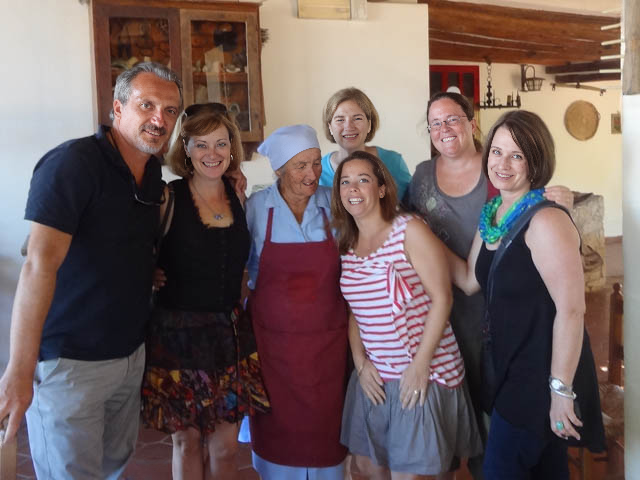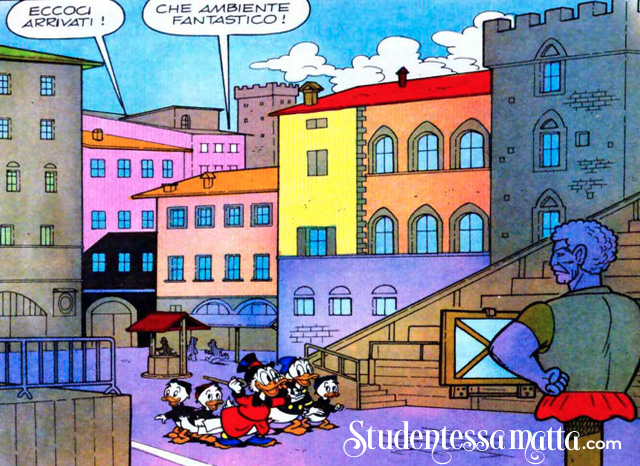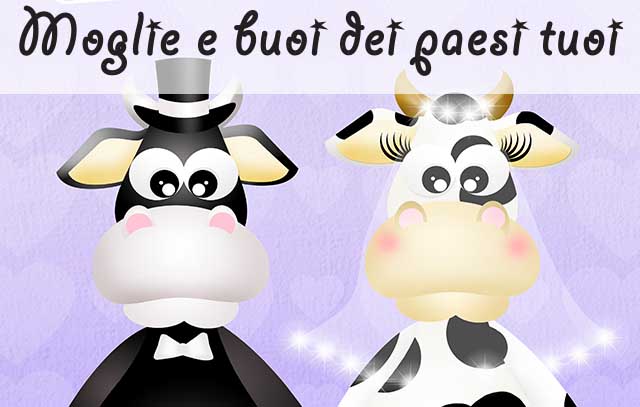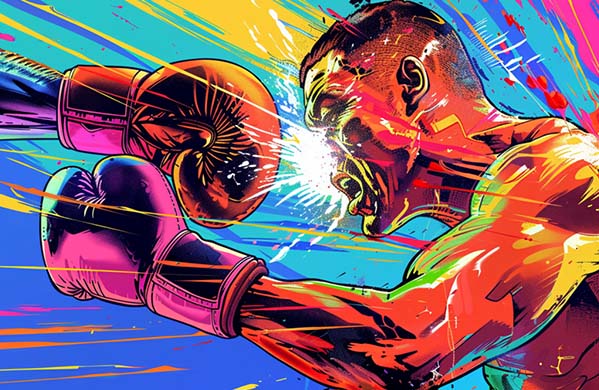
La parola italiana che lascia il segno: Schianto significa “Una collisione fragorosa”
The Italian Word That Packs a Punch: Schianto means a “Thunderous Collision”
Nella lingua italiana, “schianto” brilla per la sua versatilità.
In the Italian language, “schianto” stands out for its versatility.
A prima vista, “schianto” potrebbe sembrare solo un’altra parola. Ma il suo significato va oltre il letterale, trasmettendo un impatto dinamico sia nell’espressione che nell’emozione.
At first glance, schianto might seem like just another word. But its meaning goes beyond the literal, carrying a dynamic punch in both expression and emotion.
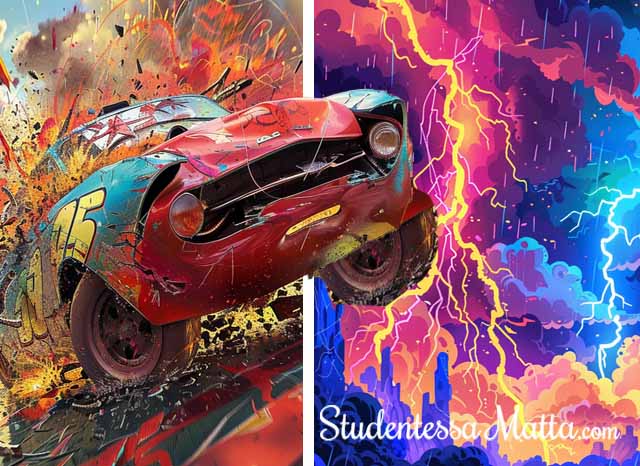
Il significato letterale
The Literal Lowdown
Letteralmente, “schianto” significa “schianto” o “crash,” evocando immagini di incidenti stradali o forti collisioni.
Literally, schianto means “crash,” evoking images of car accidents or thunderous collisions.
Dal letterale al figurato
From Literal to Figurative
Ma “schianto” è più di un incidente. In italiano, definire qualcuno “un vero schianto” equivale a dire “a knockout” in inglese—un complimento per qualcuno di incredibile bellezza o fascino.
But schianto is more than a crash. In Italian, calling someone un vero schianto is like saying “a knockout” in English—a compliment for someone breathtakingly beautiful or charming.

Consiglio pratico: Pronuncia di Schianto e articoli corretti
Pro Tip: Pronouncing Schianto and Choosing the Right Article
You pronounce schianto as “Ski-an-toe.” In Italian, “CH” always makes a hard “K” sound. Think of che, chiesa, chiudere—or the famous bruschetta (pronounced brus-ketta, not bru-sheta).
Since schianto is masculine and begins with “SC,” it takes uno as its indefinite article, lo for the singular definite article, and gli for the plural.
Schianto
Definite Articles: Lo, Gli,
Indefinite Article: Uno
Lo Schianto.
Lo schianto della macchina contro l’albero è stato devastante.
The crash of the car against the tree was devastating.
GLI Schianti
Durante la tempesta, si sentivano gli schianti degli alberi caduti.
During the storm, you could hear the crashes of falling trees.
Uno Schianto
Quando ha sorriso, sembrava davvero uno schianto.
When he smiled, he truly looked like a knockout.
Using Schianto in Daily Conversations:

Immagina di camminare per le strade acciottolate di Roma. L’aroma di espresso riempie l’aria. All’improvviso, vedi qualcuno di una bellezza mozzafiato. Il tuo amico italiano si avvicina e sussurra: “Che schianto!” La parola dice tutto.
Imagine walking through Rome’s cobblestone streets. The aroma of espresso wafts through the air. Suddenly, you see someone so stunning it takes your breath away. Your Italian friend leans over and whispers, “Che schianto!” The word says it all.
In Trastevere, Luca was the talk of the piazza. With his red Vespa and captivating smile, someone called out, “Ehi, Luca, sei un vero schianto!” He owned the moment, proving that schianto is more than beauty—it’s charisma and unforgettable energy.
A Trastevere, Luca era sulla bocca di tutti. Con la sua Vespa rossa e il suo sorriso accattivante, qualcuno gridò: “Ehi, Luca, sei un vero schianto!” Ha conquistato il momento, dimostrando che “schianto” è più della bellezza—è carisma ed energia indimenticabile.

Il carisma di Schianto
The Charisma of Schianto
Schianto isn’t just a word; it’s an experience. It celebrates beauty, charm, and impact, turning ordinary moments into extraordinary memories.
“Schianto” non è solo una parola; è un’esperienza. Celebra bellezza, fascino e impatto, trasformando momenti ordinari in ricordi straordinari.
